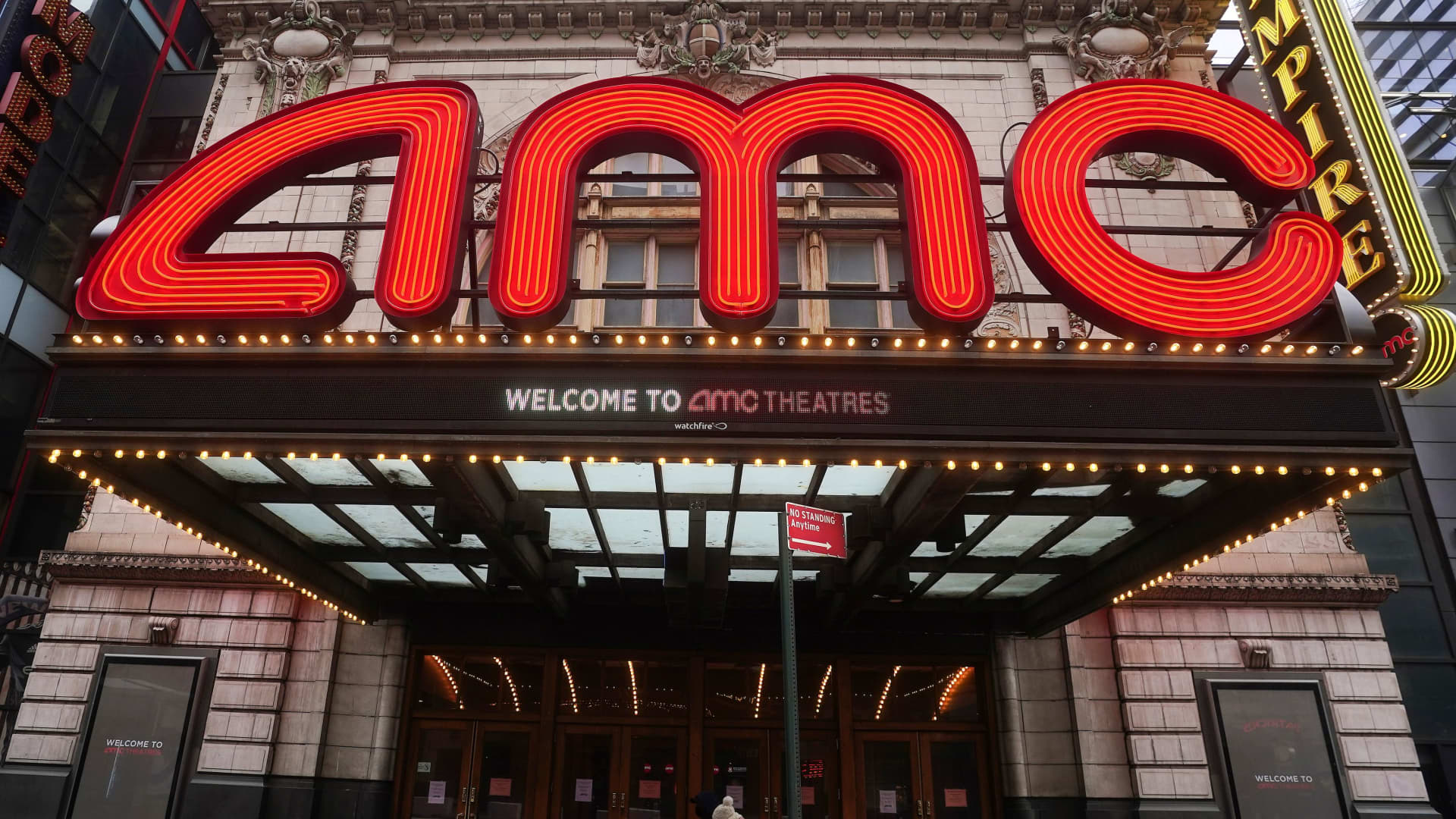US Markets
Monday, April 22nd, 2024 5:32 pm EDT
Key Points
- Chapter 11 Bankruptcy Filing and Acquisition Attempt:
- Express filed for Chapter 11 bankruptcy protection but is being pursued for acquisition by a group of investors led by WHP Global.
- The company plans to close 95 of its namesake stores and all UpWest outlets while ensuring continuity for remaining stores.
- Express seeks to facilitate the sale of most retail operations to the investor group, which includes WHP, Simon Property Group, and Brookfield Properties.
- Financial Measures and Strategic Initiatives:
- Express secured $35 million in financing and received a nonbinding letter of intent from investors to buy its assets.
- An additional $49 million in cash from the IRS under the CARES Act provided critical liquidity.
- CEO Stewart Glendinning emphasized progress in refining product assortments and strengthening operations to advance business initiatives.
- Challenges and Prospects Amidst Bankruptcy:
- Express has faced declining sales due to debt and costly mall leases, leading to financial strain and difficulties in vendor payments.
- Acquisition of Bonobos’ assets last spring aimed to alleviate financial pressure, but declining revenue persisted, prompting bankruptcy.
- Bankruptcy offers relief, allowing Express to exit burdensome leases, attract potential buyers, and implement a turnaround strategy under legal counsel from Kirkland & Ellis and advisory support from Moelis & Co. and M3 Partners.
Longtime mall retailer Express made a significant move by filing for Chapter 11 bankruptcy protection, yet there’s hope for its revival as a group of investors, spearheaded by brand management firm WHP Global, aims to salvage the company through acquisition. Express announced the closure of 95 of its namesake stores along with all of its UpWest outlets, with liquidation sales set to commence imminently. Despite these closures, the company assures that operational hours for remaining stores will remain unchanged, ensuring continuity for customers in terms of orders and returns.
Express justified its bankruptcy filing as a means to facilitate the sale process of most of its retail stores and operations to the investor consortium, which includes notable entities like WHP, Simon Property Group, and Brookfield Properties. The company disclosed receiving a nonbinding letter of intent from the investors, signaling their interest in acquiring its assets. Additionally, Express has secured $35 million in new financing from existing lenders, pending court approval, to bolster its financial position.
With the proposed transaction, Express anticipates gaining added financial resources to fuel profitable growth and enhance value for its stakeholders. Moreover, the company has obtained $49 million in cash from the IRS under the CARES Act, providing a crucial liquidity boost to fortify its balance sheet. CEO Stewart Glendinning expressed optimism about the steps taken, emphasizing their importance in strengthening Express’s financial standing and supporting ongoing business initiatives.
Founded in 1980 by Les Wexner’s Limited Brands, Express has faced a downturn in sales over recent years, attributed to mounting debt and the financial burden of mall leases. Reports surfaced earlier indicating the company’s struggle to meet vendor payments promptly, underscoring its financial strain and cash flow challenges. The acquisition of Bonobos’ assets last spring, amidst Express’s weakened core business and tight cash flow, demonstrated efforts to bolster its position, albeit amid difficulties.
Express’s principal obstacle has been declining revenue, which has seen a notable decrease since 2019, contrasting sharply with the apparel sector’s overall growth during the same period. GlobalData managing director Neil Saunders highlighted the broader market trends affecting Express, particularly the shift towards remote work and the casualization of fashion, which have challenged its traditional business model. Saunders emphasized the imperative for adaptation, which Express seemingly overlooked.
Bankruptcy offers crucial relief to Express, enabling it to exit burdensome leases, particularly in struggling malls, and rendering it more attractive to potential buyers. Noteworthy legal and financial firms, including Kirkland & Ellis, Moelis & Co., and M3 Partners, have been enlisted to navigate Express through its bankruptcy proceedings, indicative of a strategic approach towards its restructuring and potential resurgence.
For the full original article on CNBC, please click here: https://www.cnbc.com/2024/04/22/express-files-for-bankruptcy-plans-to-close-nearly-100-stores.html




